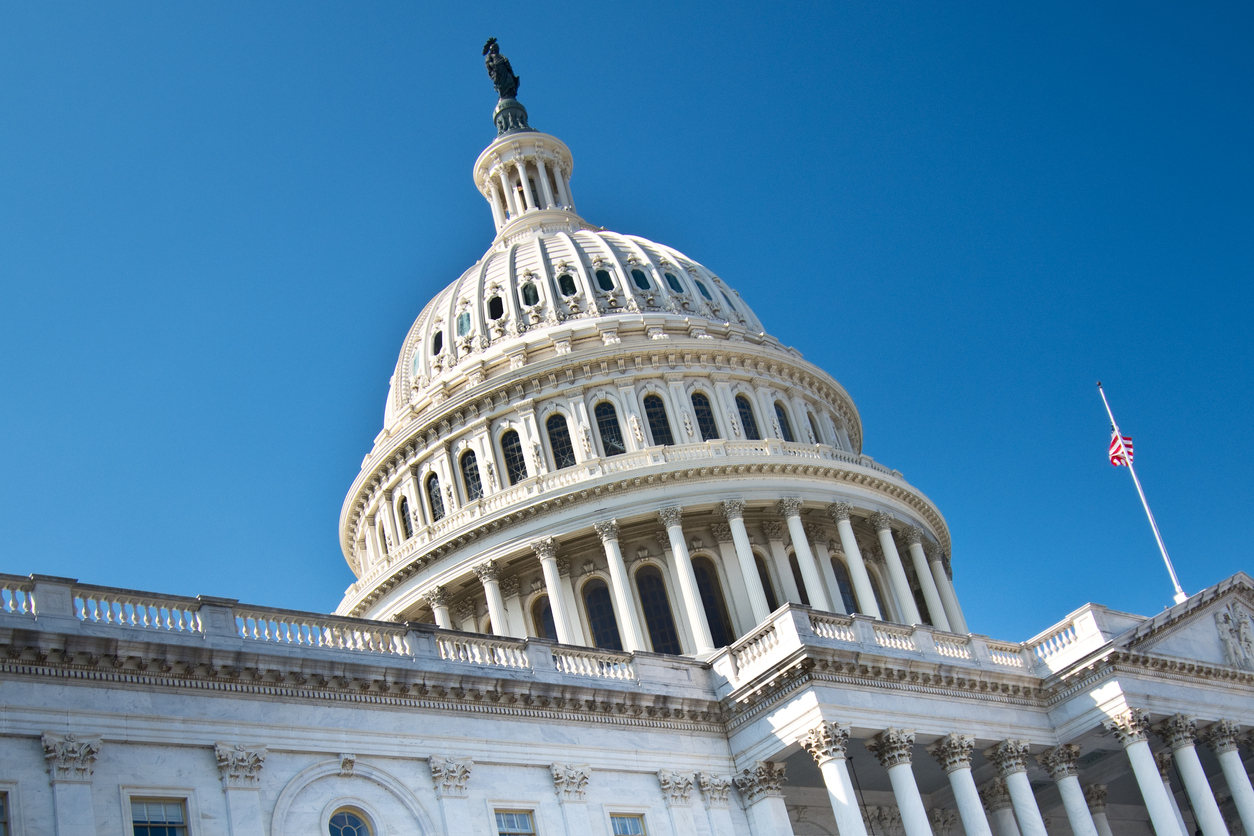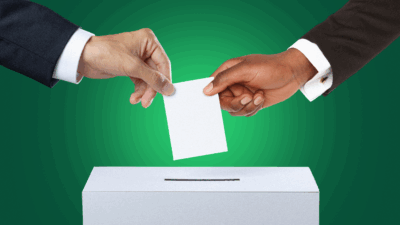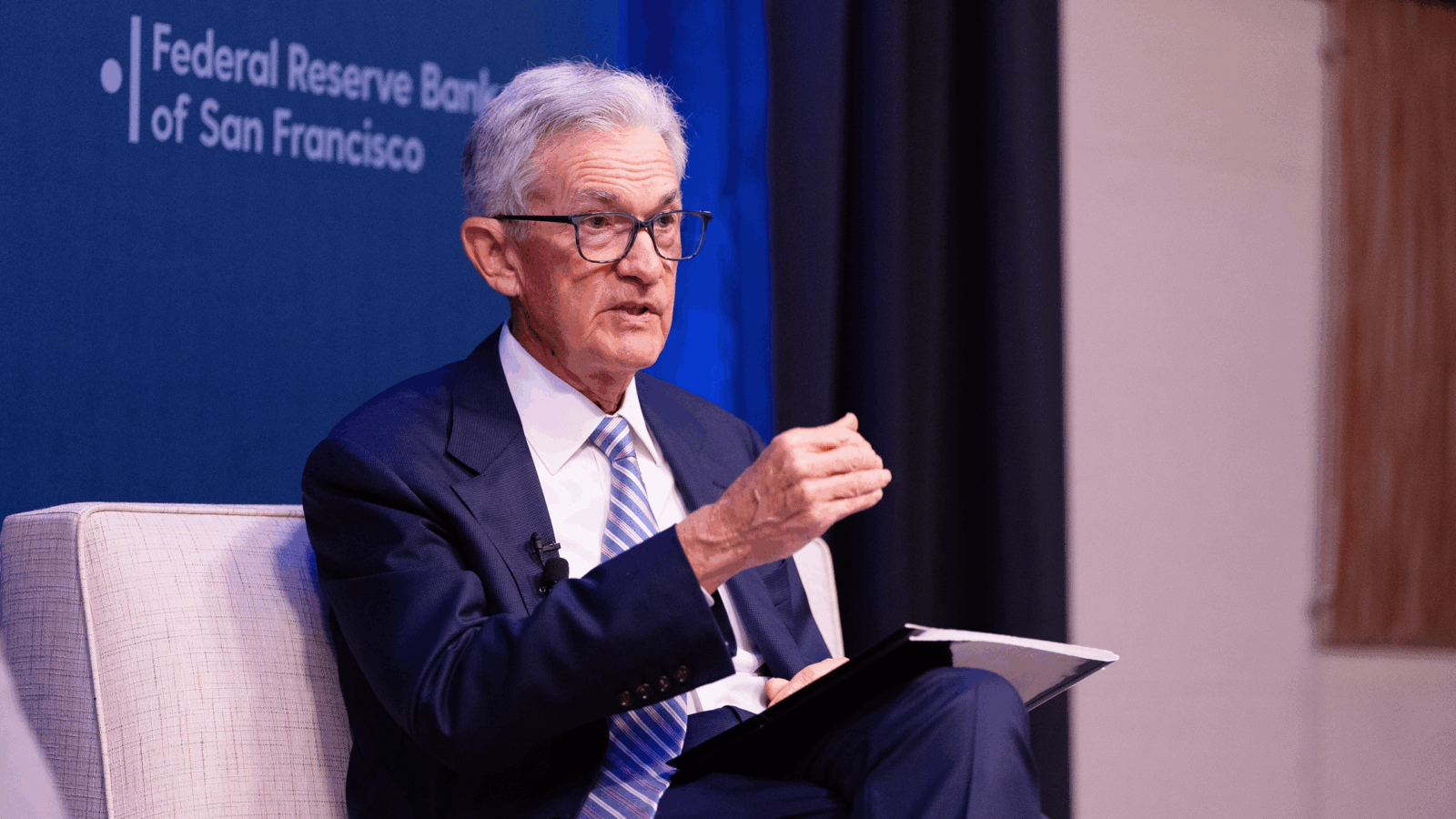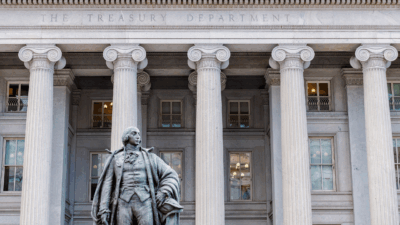
Sign up for smart news, insights, and analysis on the biggest financial stories of the day.
It’s not called the swamp for nothing.
From Environmental Protection Agency administrators buying big oil stocks to Department of Defense officials snatching up shares of fighter jet companies involved in major deals with the Pentagon, the Nation’s Capital is flush with thousands of top government employees invested in businesses their agencies oversaw between 2016 and 2021, according to a new report published Wednesday by The Wall Street Journal. What could go wrong?
C’mon Everybody’s Doing It
Comfortably spanning all political ideologies in DC, the WSJ found that 1 in 5 senior employees from 50 federal agencies owned stakes in companies that lobby their agency, and roughly 60 staffers traded in businesses shortly before their departments enacted charges or settlements against said businesses. For senior EPA officials, that number was roughly 1 in 3 (or nearly 200 employees) who owned shares in companies lobbying the agency. All told, EPA employees had as much as $2 million of oil and gas exposure over the last five years.
And what are the consequences of such indiscretion? A group like the Commodity Futures Trading Commission could, in theory, punish staffers with a $500,000 fine or five years in prison for investments that create a conflict of interest. But most officials go unpunished, and they’re making out like bandits:
- Michael Molina reported more than 100 trades in energy and mining firms like BP during his time as EPA deputy chief of staff while the Trump administration championed the oil industry. Despite the obvious conflict of interest, Molina was fined only $1,067 for failing to disclose stock trades to the agency on time.
- Reports disclosed by Lihong McPhail, an economist at the CFTC, showed that her husband made more than 9,500 trades in 2020 alone, about a third of which were shorting stocks for companies like Ford and Zoom Communications. The trades were approved despite the agency’s ban on short selling.
Legislative bans? Public officials might no longer be immune to the ramifications of what some might consider insider trading. In September, multiple news outlets identified 72 members of Congress who failed to report their investments accurately and on time, and Congress is now considering a bill that would prohibit reps from trading altogether. If they can’t profit from their informed investments, they may simply have to make do with the $175,000 salaries we give them every year.











